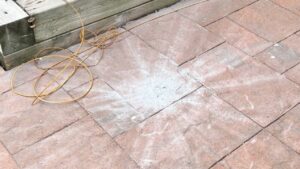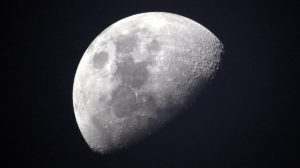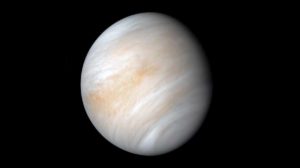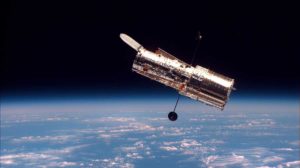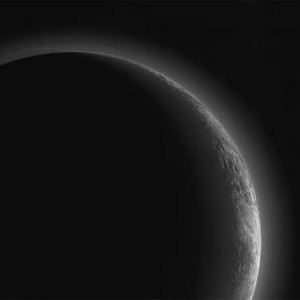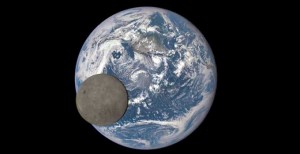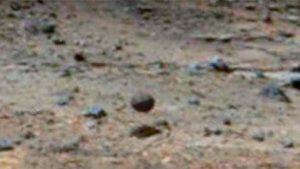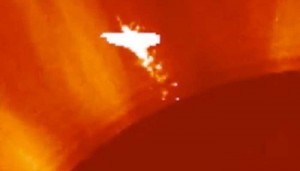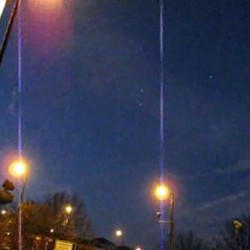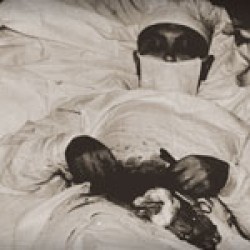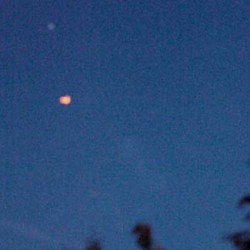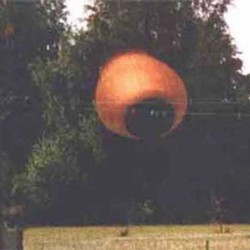In September a new study revealed the presence of phosphine (PH3) on Venus: a molecule that could be an indicator of microbial life in the planet’s clouds. On Earth the molecule is only made either industrially or by microbes that survive in oxygen-free environments.
Now it’s looking like the announcement might have been a bit premature!
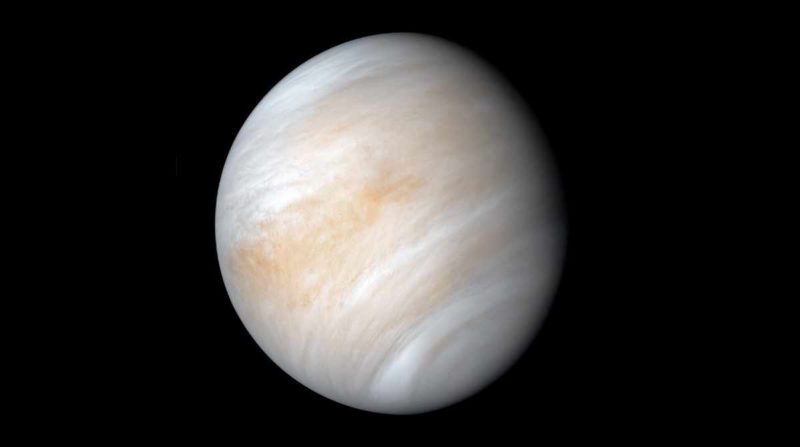
Potential signs of life on Venus are fading as astronomers downgrade their original claims.
The announcement in September took the world by storm: Researchers using two radio telescopes found signs that the clouds of Venus were harboring phosphine, a toxic compound that on Earth is only made in significant quantities by microbes and chemists. The unexpectedly high levels detected on Venus could point to a floating microbial biosphere, the researchers suggested in a paper published in Nature Astronomy. But almost immediately, other astronomers began to criticize the results, with four independent studies pointing out questionable methods or failing to reproduce the results.
Now, after reanalyzing their data, the original proponents are downgrading their claims. Even the most favorable interpretation of their data now suggests phosphine levels are at least seven times lower than first reported, making it a much more tentative finding, the authors reported in a preprint posted on 17 November to arXiv. But the team still believes the gas is there, with the possibility that local pockets rise to higher levels, said Jane Greaves, an astronomer at Cardiff University who led the work, in a talk today to NASA’s Venus Exploration Analysis Group (VEXAG). “We have again a phosphine line.”
ScienceMag
Lets hope more research and study provide the necessary data to prove one way or another!
See Hints of life on Venus? for original story.


